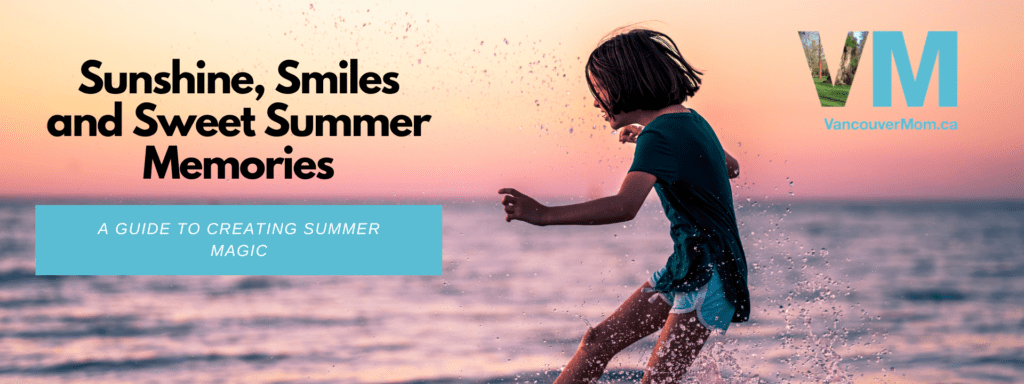What you need to know about childhood anxiety

It is hard to know how to act when your child is anxious. Should you give in to their fears and soothe them, or should you hold a line and force the issue?
Anxiety in children is more common than you’d think; according to Anxiety Canada, it affects upwards of 20% of children and adolescents over their lifespan.
Many adults diagnosed with anxiety conditions report that it began in their youth. Here’s what you need to know about childhood anxiety.
5 types of childhood anxiety
There are five types of anxiety in children: separation anxiety, panic disorder, phobias, social anxiety, and generalized anxiety disorder.

Separation Anxiety
All kids experience some difficulty when transitioning to a new caregiver. Separation anxiety happens when a child is unable to get over that initial fear, or consistently shows worry about their parent long after they have left. They may throw tantrums or refuse to go to school or daycare; they may call many times to be picked up early; they may avoid sleepovers, play dates, or even bedtime.
Panic Disorder
A panic attack is a short feeling of dread accompanied by physical symptoms such as racing heart, nausea, dizziness, and the feeling of dying or “going crazy.” While panic attacks can be brought on by specific circumstances, for kids, they often come out of nowhere. Kids with panic attacks will often avoid situations or places they associate with panic attacks, such as crowded or enclosed spaces.
Phobias

Children with phobias fear certain situations or objects. Some common phobias in children include dogs, spiders, the dark, storms, and needles. What distinguishes a phobia from a normal fear is the extent they will go to avoid the situation or object or the amount of time they spend worrying about the situation or object.
Social Anxiety
Kids with social anxiety excessively worry about embarrassing themselves or doing the wrong thing in public. They may be uncomfortable when talking to peers or adults, avoid birthday parties or school dances, or avoid eating in front of other people.
Generalized Anxiety Disorder

Kids with Generalized Anxiety Disorder have worries that span multiple areas. They tend to ask, “what if” and can be described as worrywarts. They often exhibit physical signs of anxiety like stomach aches, headaches, muscle tension, or difficulty falling asleep. They also can have difficulty concentrating when they are worried, and often procrastinate as they try to get things done “perfectly.”
How to help your child with their anxiety
Kids with anxiety need structure, praise, and compassion at home. Offer clear expectations and age-appropriate consequences and guidance. Model positive behaviour by identifying your own emotions and anxieties and how you handle them. Stay calm when your child is anxious and offer praise for even small steps toward facing fears.
Depending on where you live, you can access help through the Child and Youth Mental Health Team. For people who live in Vancouver and on the coast, take a look at this list of teams from Vancouver Coast Health. If you live in Burnaby, New Westminster, the TriCities, or the Fraser Valley, see these services in your area.
Another resource is Confident Parents: Thriving Kids, a phone-based coaching program offered through the Canadian Mental Health Association. It is very effective in training parents to help their kids with anxiety or behaviour concerns. The program is free-of-charge; it requires a referral from your family doctor. Learn more from the CMHA website..
Kelty Mental Health in Vancouver hosts a podcast called “Where You Are” that tackles subjects in child and youth mental health. They have an episode dedicated to tackling anxiety, as well as other helpful subjects like sleep, medications for mental health challenges, mindfulness, and promoting resiliency.
Parenting an anxious child can be difficult. Anxiety is contagious, and it is easy to feel out of depth when trying to help your child. With the right resources, you and your child can get back on the path to good mental health!
References
Kelty Mental Health
Anxiety in Children
Post by Brie Aho, the mind behind Happy Go Mama, a blog dedicated to the adventure of parenting through mental illness.
Would you like to write for us? We welcome well-written guest submissions with a local interest slant. Share your tips, review local businesses and highlight hot trends for Vancouver moms. Get all the info on our Contributor Page!


















